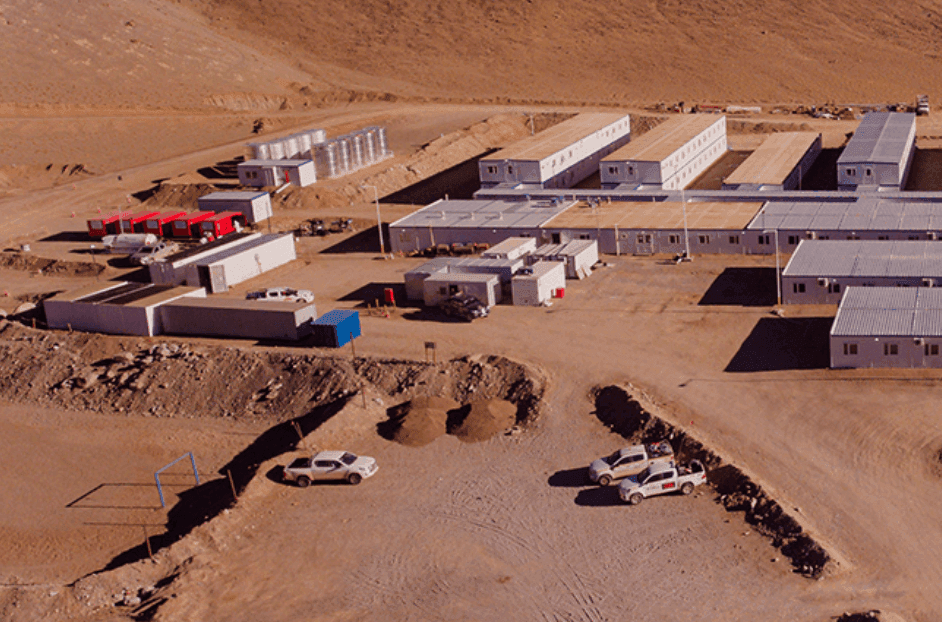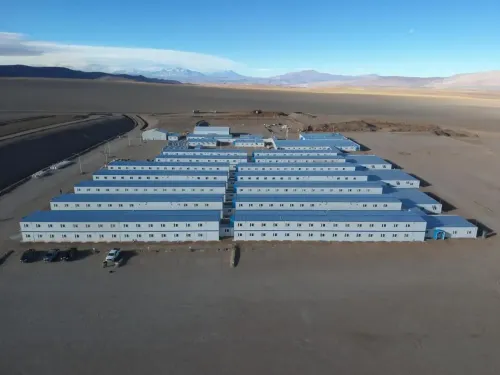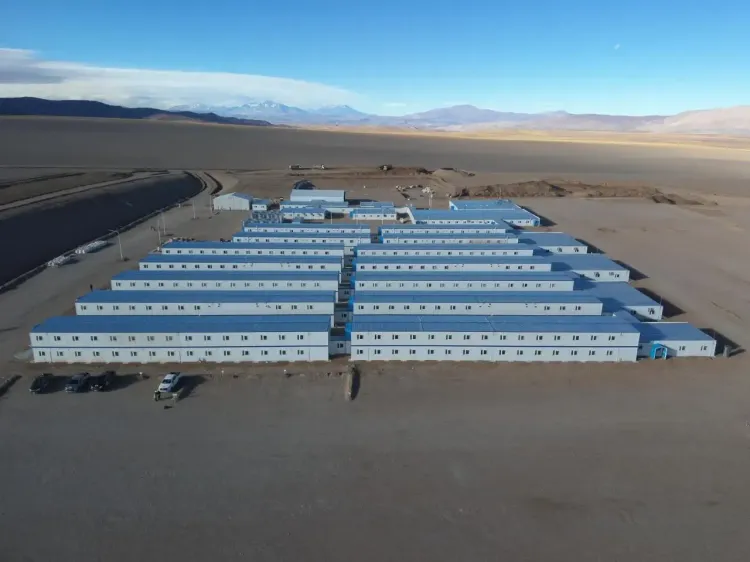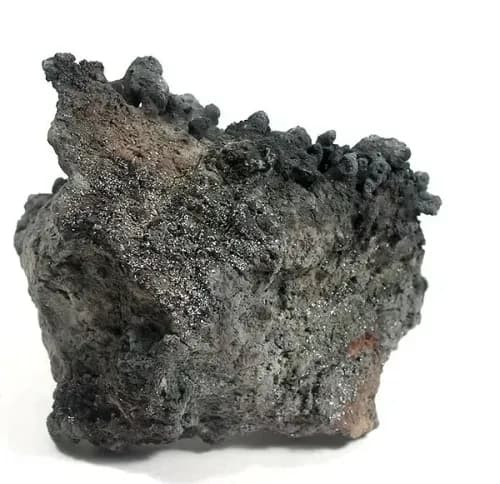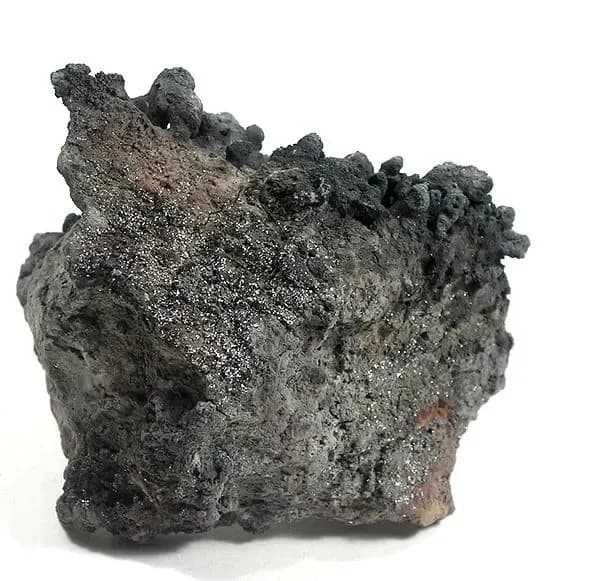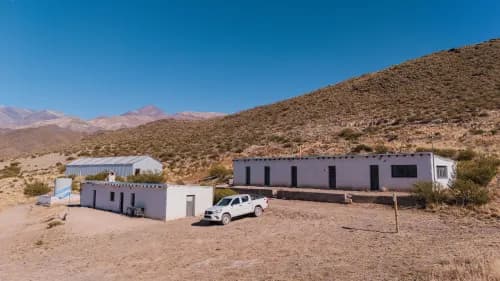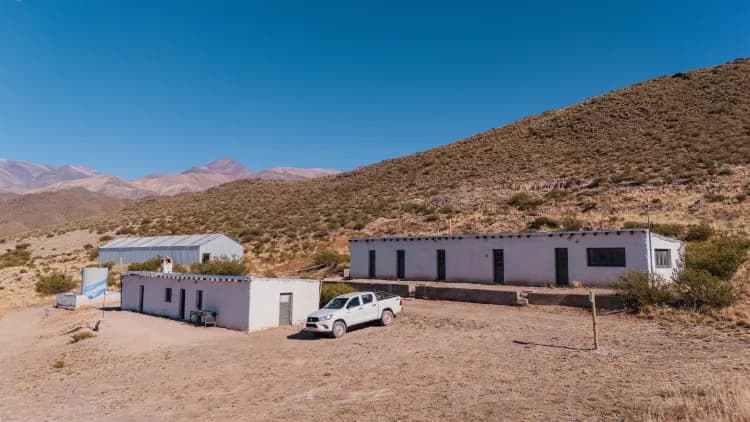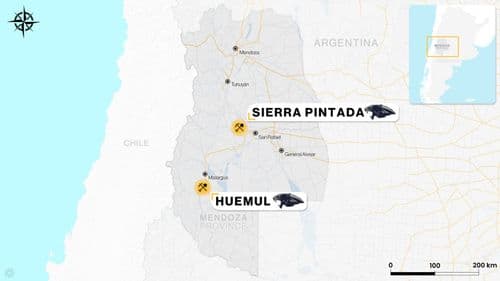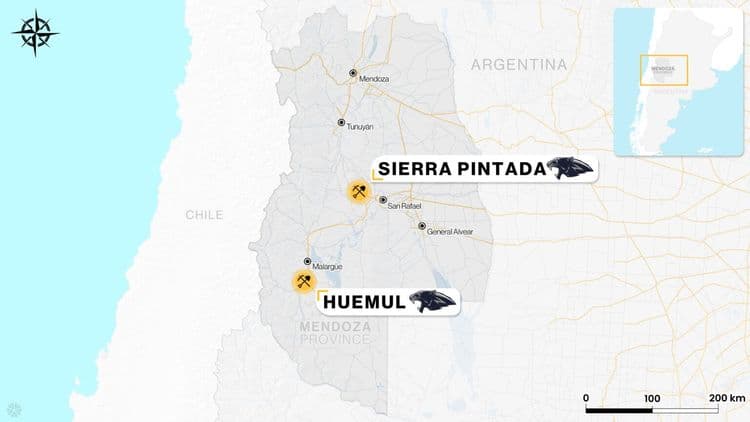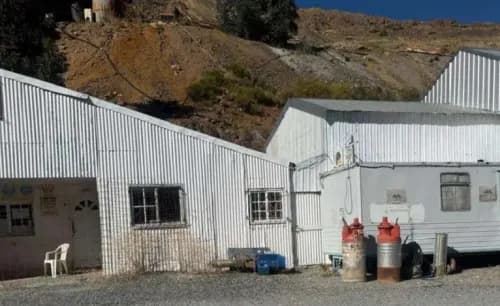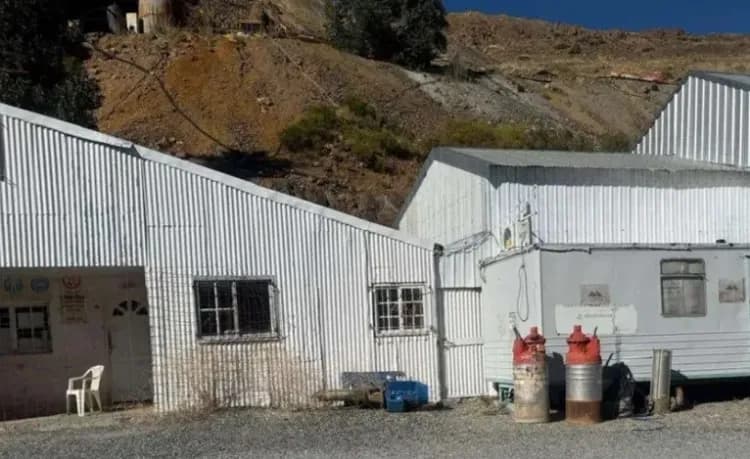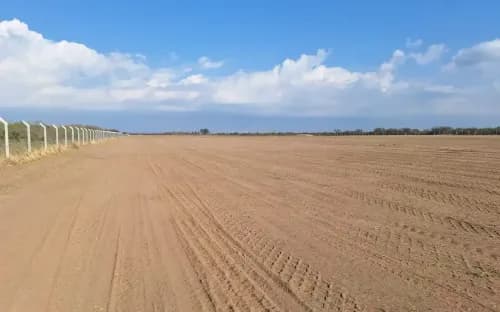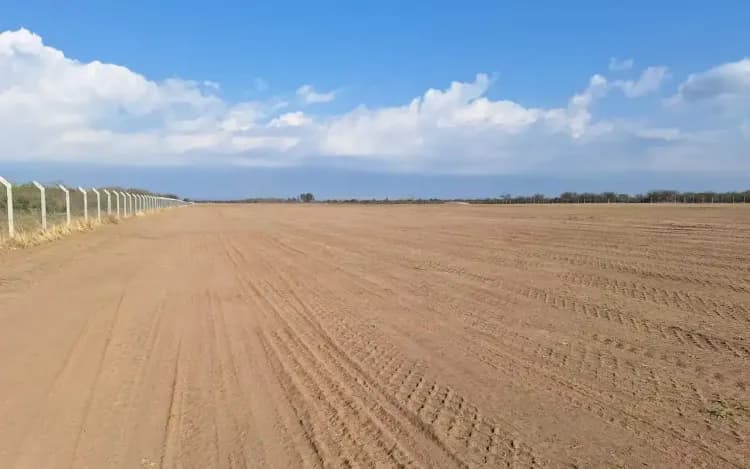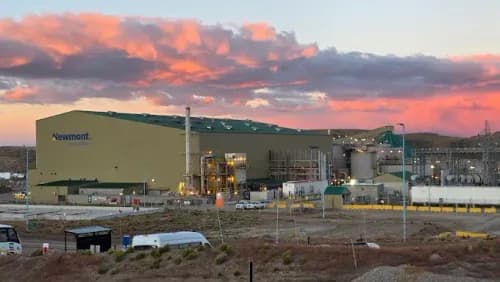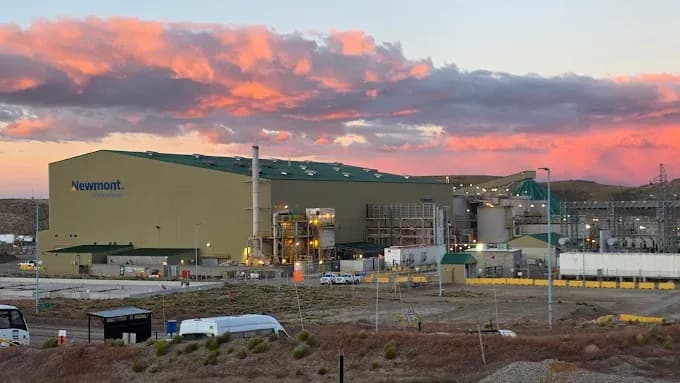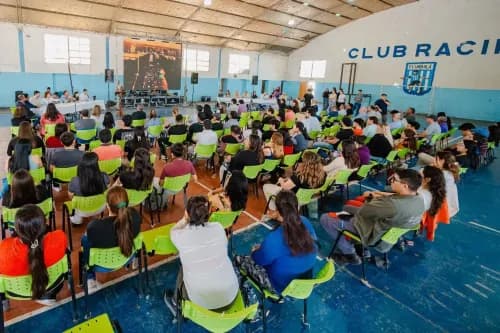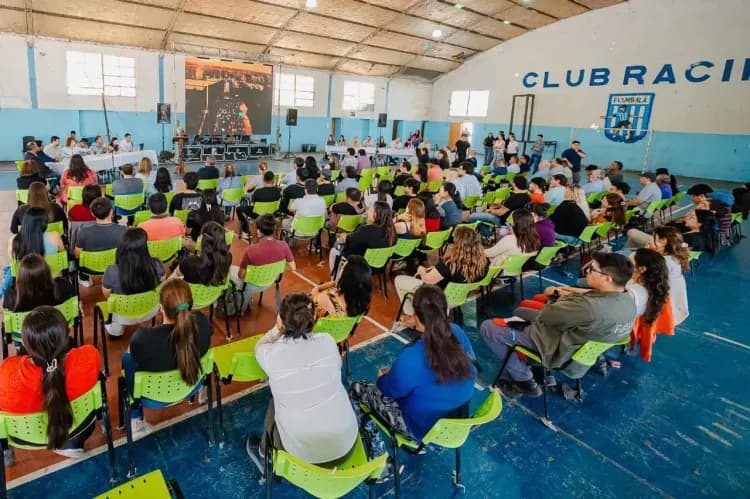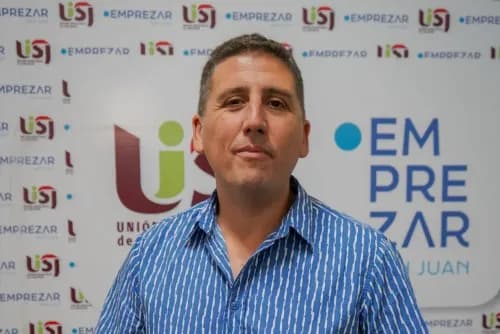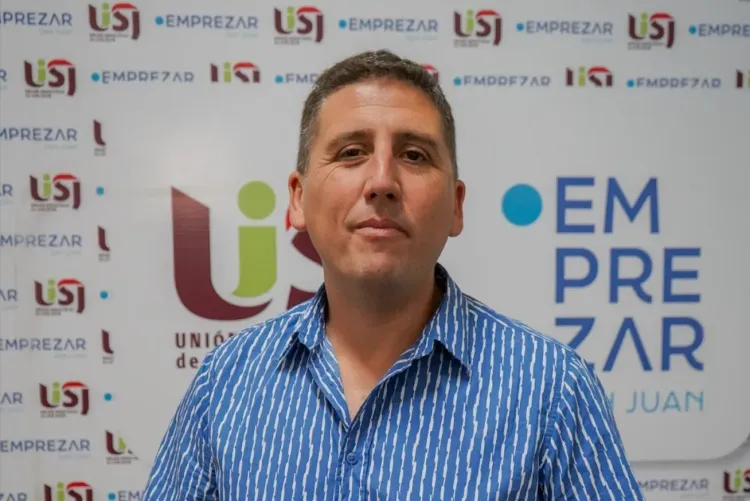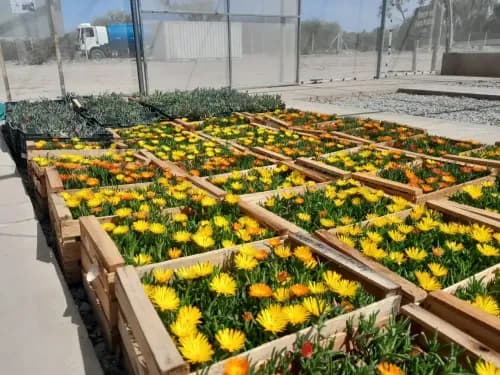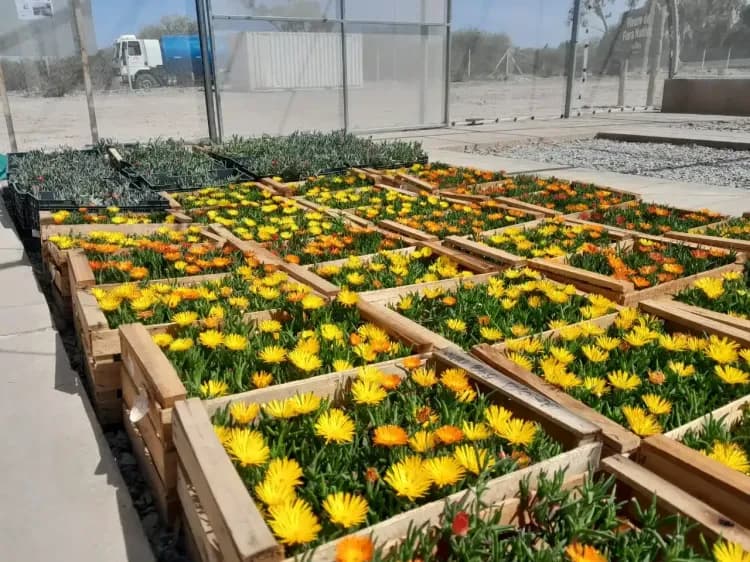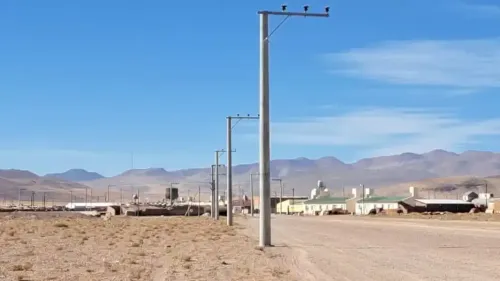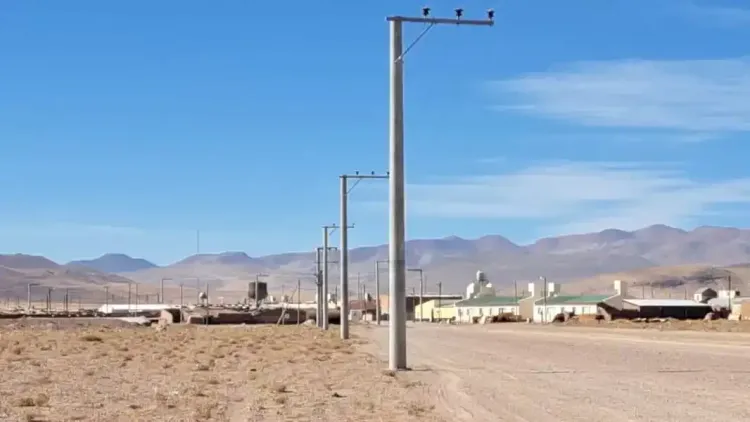In a context marked by the discussion on the "Large Investments Incentive Scheme" (RIGI) and the Base Law proposed by President Javier Milei, the Argentine Chamber of Mining Companies (CAEM) and the Argentine Chamber of Mining Suppliers (CAPMIN) have issued a series of statements highlighting the importance of this measure for the development of the mining sector and the national economy. "The RIGI is an essential tool for the country to kick-start mining production and other strategic sectors by providing a framework of certainty. It is our wish that the necessary agreements be reached in the Legislative Power so that the text considers this scenario and dispels doubts about its importance," stated CAEM.
By Panorama Minero
The RIGI, an initiative that has gained media attention in recent weeks for its impact on major productive sectors, was established to promote investment in projects exceeding US$200 million, offering a series of tax, customs, and exchange benefits for this purpose. This regime, included in the Base Law currently under discussion in the Senate, has generated expectations and doubts from various sectors in a context where the aim is to reactivate the economy but there is currently no consensus on the means to achieve it.
According to CAEM, the RIGI is crucial for unlocking pending investments in large-scale mining projects, such as those related to copper, lithium, gold, and silver, whose developments have been on hold for several years, mainly due to macroeconomic issues. According to the entity that groups together the country's mining companies, these investments could help triple national mineral exports and generate thousands of jobs both in the construction and production phases. Additionally, it would have a direct impact on the value chain, where mining suppliers play a crucial role. "Taking only the most advanced projects, we estimate investments close to US$25 billion by 2030. In this sense, the approval of the RIGI allows achieving national competitiveness and having a favorable long-term plan for all involved parties."
On the other hand, CAPMIN supported the RIGI and its approval, emphasizing the importance it would have for mining suppliers throughout the country to have an adequate investment incentive regime capable of materializing the start of large mining ventures. The Chamber highlighted the potential of the goods and services supplying industry to bring the benefits of mining to all regions, while emphasizing the sector's role in generating genuine employment and promoting technological innovation, agreeing with CAEM that mining development is indispensable for economic growth and social inclusion in Argentina: "Without increased mining activity, there is no possible industrial and service chain."
"At CAPMIN, we work daily with a communal spirit in integrating the value chain, strengthening sectoral ties that promote more and better mining. We are confident that with a competitive regulatory framework, Argentine mining will be a protagonist in building a country with more growth and inclusion. That is why we consider the approval of the RIGI essential," stated the Chamber.
In harmony with these statements, for CAEM, the mere implementation of new projects will allow the development of new suppliers and, additionally, will collaborate with the construction industry which is currently slowed down: "For mining activity, it is essential to ensure the highest amount of local provision through national suppliers of goods and services."
"As Argentines, we believe that the RIGI will generate benefits for our country in such a critical moment as the present one, and will allow orderly and steady growth in the coming decades. We know the importance of the local industry, and the only way to defend it is by starting up Argentina's major engines, among which mining has a strategic role," concluded CAEM.
